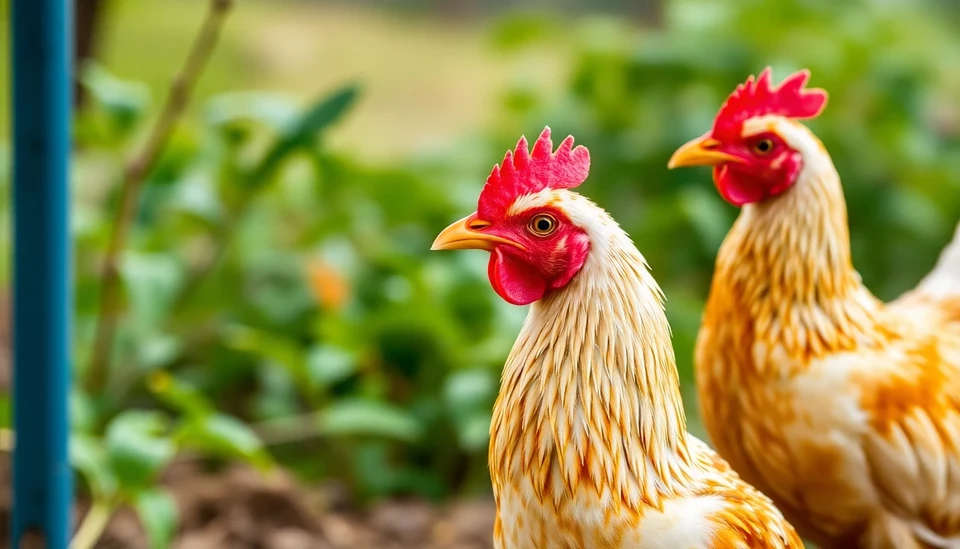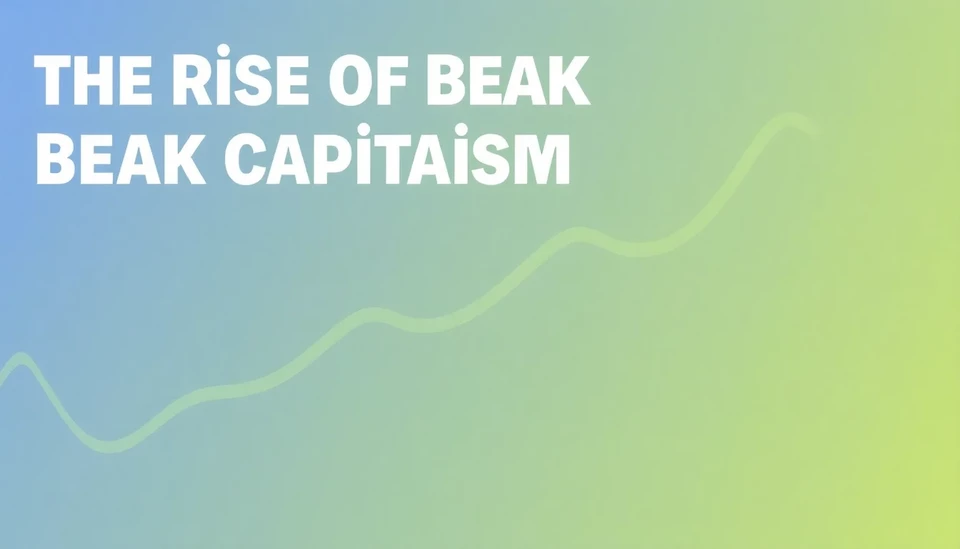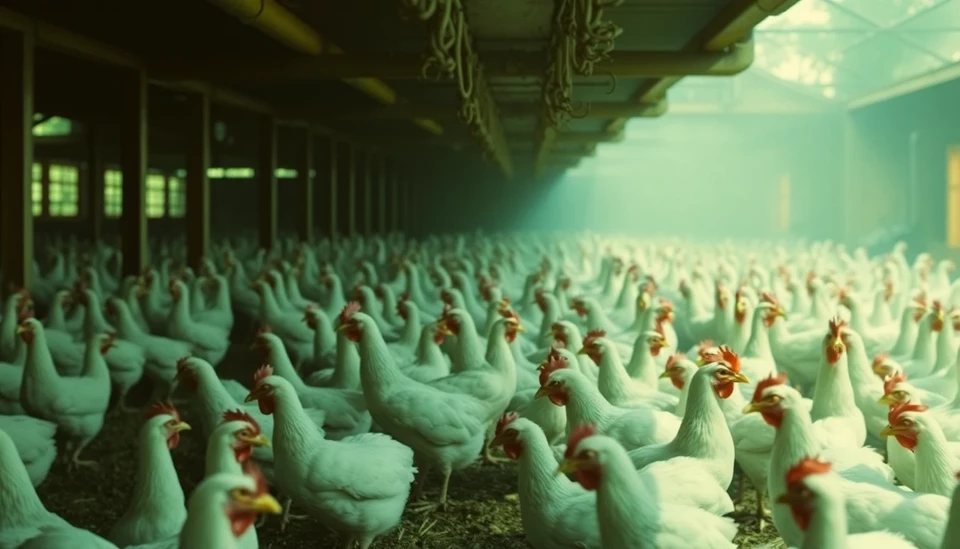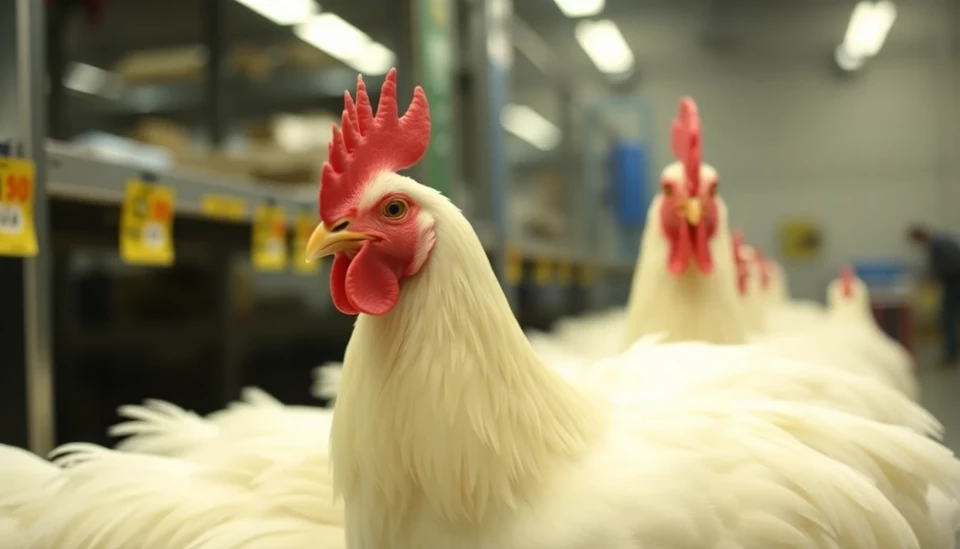
The latest episode of the thought-provoking podcast "Beak Capitalism" dives into the striking concept of "chickenization," a term that describes the systematic reduction of variability and complexity in various sectors of the economy, mirroring the mass production methods seen in the poultry industry. In this enlightening discussion, the podcast unpacks how this phenomenon is reshaping consumer experiences, workplace dynamics, and even the nature of ownership.
As the hosts explore the origins of chickenization, they shed light on the transition from traditional agricultural practices to industrialized farming. This shift has not only maximized efficiency in food production but has also set a precedent for other industries to adopt similar mass-production techniques. The hosts draw parallels between these agricultural practices and how businesses, in various sectors, have chosen to streamline operations to enhance productivity at the expense of quality and uniqueness.
The podcast features a range of experts who provide insights into the societal implications of this trend. They discuss how chickenization fosters a homogenization of product offerings, where customization and quality are often sacrificed for lower costs and higher output. This transformation raises critical questions about consumer identity and the nature of choice in today's market landscape. The hosts argue that as industries increasingly adopt these approaches, consumers may find themselves with fewer choices, leading to a more uniform and potentially less satisfying experience.
Another key point of discussion revolves around the impact of chickenization on labor and employment. The move towards greater efficiency often leads to the deskilling of jobs, as tasks become more streamlined and less dependent on specialized knowledge. This not only affects the workers but also diminishes the richness of the labor force, as creativity and innovation take a back seat to rote efficiency.
Moreover, the episode doesn't shy away from examining the ethical implications of chickenization. The hosts express concerns about environmental effects and sustainability practices. The podcast raises alarms about how companies, in their pursuit of profit maximization through chickenization, may overlook their environmental responsibilities and the broader consequences of their actions on society as a whole.
In an age where the consumer is more aware of their purchasing decisions, the discussion on chickenization prompts listeners to reflect on their role in perpetuating these patterns. The hosts encourage awareness regarding the choices consumers make and the impacts those choices have, both locally and globally, on business practices and the environment.
Overall, this episode of "Beak Capitalism" serves as a powerful reminder of the changes happening within our economic systems and the subtle but far-reaching implications of these trends. It challenges listeners to consider how the principles derived from a single industry can infiltrate and alter various sectors, leading to essential questions about the future of capitalism and our roles within it.
#BeakCapitalism #Chickenization #Economy #ConsumerSociety #Sustainability #LaborMarket #PodcastDiscussion
Author: Daniel Foster



